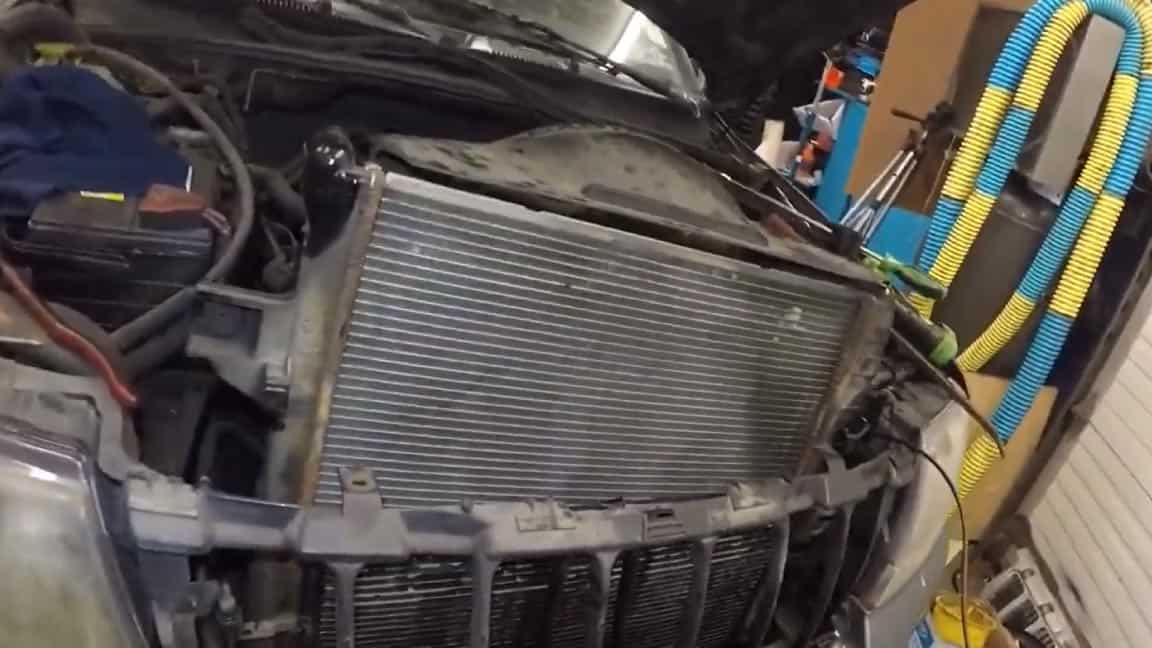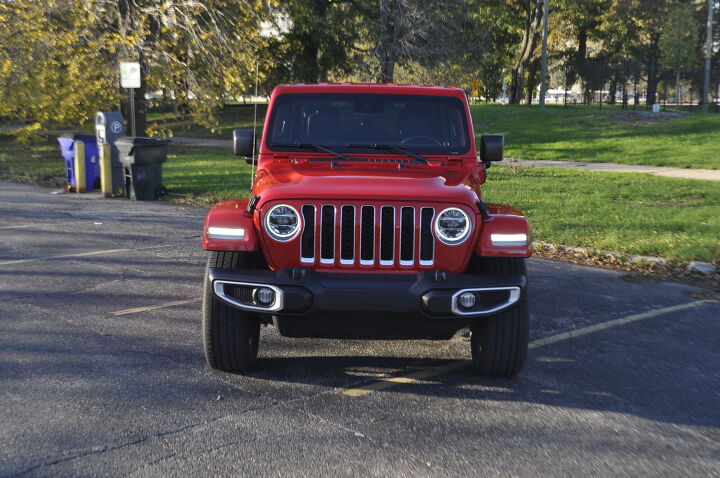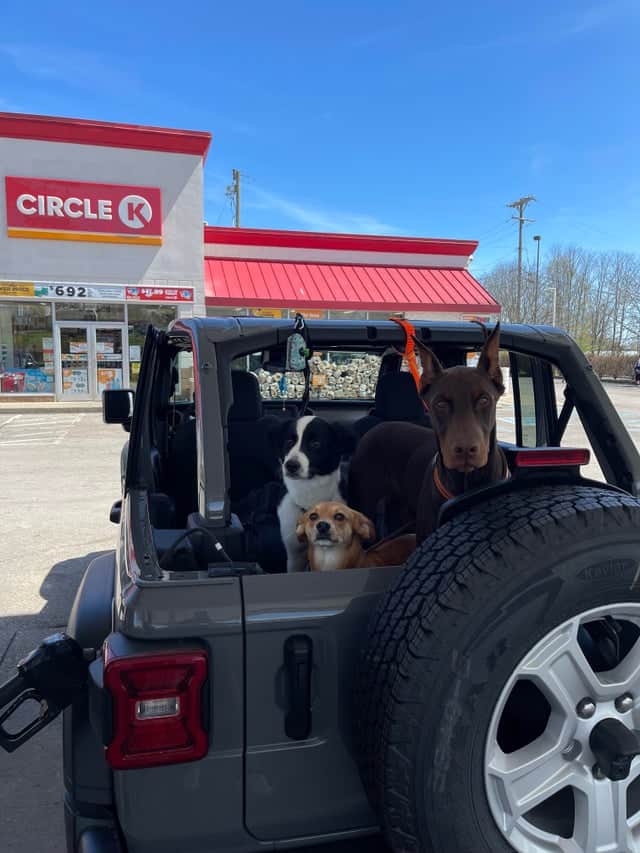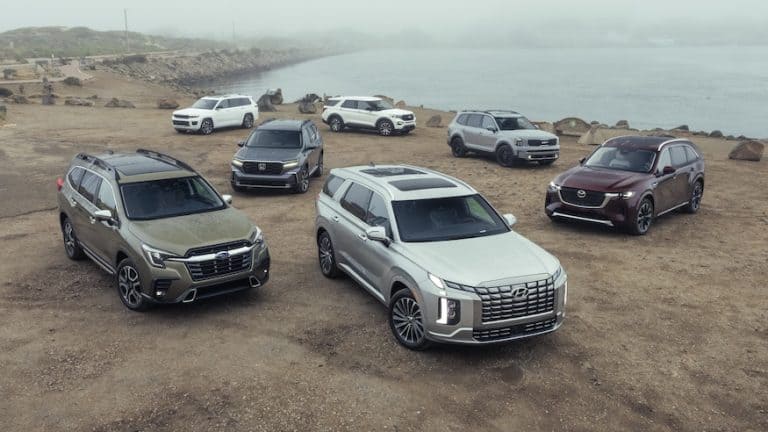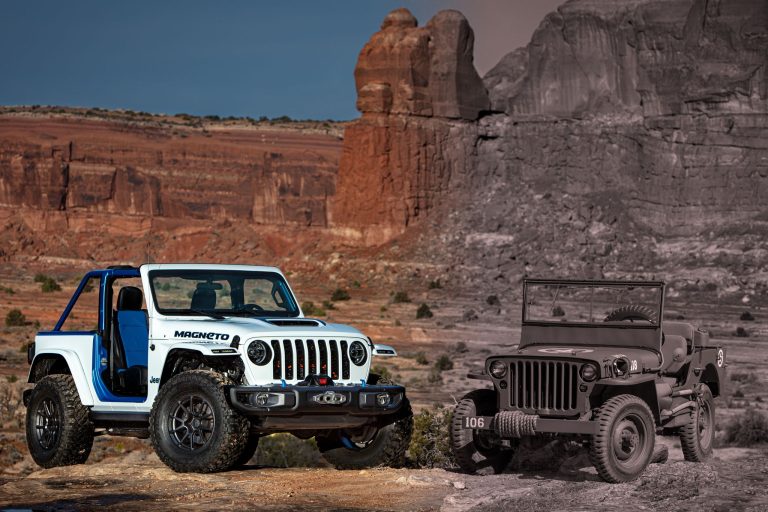Jeep Radiator Problems: Navigating Cooling System Challenges
Jeeps are known for their ruggedness and durability, but even the toughest vehicles can encounter problems. One common issue that Jeep owners face is radiator problems. The radiator is an essential component of a Jeep’s cooling system, and any malfunction can lead to overheating and engine damage.
In this article, I will discuss the common symptoms of Jeep radiator problems and how to fix them. If you are facing Jeep radiator problems, it may be due to a leak, a blockage, or a malfunctioning fan.
Jeep Radiator Problems: Causes, Symptoms, and Solutions
- Flushing the Radiator: The radiator can remove dirt, debris, and rust buildup, increasing efficiency.
- Adding Sealants: Radiator sealants can help seal small leaks and prevent further coolant loss.
- Repairing Leaks: Depending on the severity of the leak, repairs can be made using epoxy or a professional radiator repair kit.
- Replacing the Radiator: A replacement may be necessary if the radiator is severely damaged or corroded. qe
Causes of Jeep Radiator Problems
Jeep radiators are designed to keep the engine cool by dissipating combustion-generated heat. However, over time, they can develop issues affecting their performance. Some of the common causes of Jeep radiator problems include:
- Corrosion: The radiator’s cooling fins can corrode over time, reducing its ability to dissipate heat and leading to overheating.
- Clogged Radiator: Dirt, debris, and rust can accumulate in the radiator, clogging the tubes and reducing the coolant flow.
- Leaks: Radiators can develop leaks due to corrosion, physical damage, or faulty seals. These leaks can lead to a loss of coolant and cause the engine to overheat.
- Broken Fans: The radiator fans can break or malfunction, reducing airflow and overheating.
Symptoms of Jeep Radiator Problems
Knowing the symptoms of radiator problems can help you identify them early and prevent further damage. Some of the common symptoms of Jeep radiator problems include:
Jeeps are known for their ruggedness and durability, but even the toughest vehicles can encounter problems. One common issue that Jeep owners face is radiator problems. The radiator is an essential component of a Jeep’s cooling system, and any malfunction can lead to overheating and engine damage. This article will discuss the common symptoms of Jeep radiator problems and how to fix them.
Jeep Radiator Problems: Causes, Symptoms, and Solutions
- Flushing the Radiator: The radiator can remove dirt, debris, and rust buildup, increasing efficiency.
- Adding Sealants: Radiator sealants can help seal small leaks and prevent further coolant loss.
- Repairing Leaks: Depending on the severity of the leak, repairs can be made using epoxy or a professional radiator repair kit.
- Replacing the Radiator: A replacement may be necessary if the radiator is severely damaged or corroded. qe
Causes of Jeep Radiator Problems
Jeep radiators are designed to keep the engine cool by dissipating combustion-generated heat. However, over time, they can develop issues affecting their performance. Some of the common causes of Jeep radiator problems include:
- Corrosion: The radiator’s cooling fins can corrode over time, reducing its ability to dissipate heat and leading to overheating.
- Clogged Radiator: Dirt, debris, and rust can accumulate in the radiator, clogging the tubes and reducing the coolant flow.
- Leaks: Radiators can develop leaks due to corrosion, physical damage, or faulty seals. These leaks can lead to a loss of coolant and cause the engine to overheat.
- Broken Fans: The radiator fans can break or malfunction, reducing airflow and overheating.
Symptoms of Jeep Radiator Problems
Knowing the symptoms of radiator problems can help you identify them early and prevent further damage. Some of the common symptoms of Jeep radiator problems include:
- Overheating: One of the most common symptoms of a faulty radiator is engine overheating. This is usually indicated by a temperature gauge or warning light rise.
- Low Coolant Levels: Leaks in the radiator can cause a loss of coolant, leading to low levels in the reservoir.
- Discolored Coolant: If the coolant appears discolored or rusty, it may indicate corrosion or contamination.
- Strange Noises: Broken or malfunctioning radiator fans can produce strange noises such as rattling or grinding.
Solutions to Jeep Radiator Problems
Jeep radiator problems can be costly to repair, but there are several solutions you can try before resorting to a replacement. Some of these solutions include:
- Flushing the Radiator: The radiator can remove dirt, debris, and rust buildup, increasing efficiency.
- Adding Sealants: Radiator sealants can help seal small leaks and prevent further coolant loss.
- Repairing Leaks: Depending on the severity of the leak, repairs can be made using epoxy or a professional radiator repair kit.
- Replacing the Radiator: A replacement may be necessary if the radiator is severely damaged or corroded.
Jeep JK radiator replacement
Replacing the radiator in a Jeep JK is necessary to ensure proper engine cooling and prevent overheating. The process involves draining the coolant, disconnecting hoses and electrical connections, removing the old radiator, installing a new one, and reattaching all components. Care should be taken to follow the specific instructions outlined in the Jeep JK’s service manual and to use the correct coolant type.
It is advisable to consult a professional mechanic or Jeep dealership for assistance if one is uncertain or uncomfortable with performing the replacement. A properly replaced radiator will help maintain the optimal performance of the Jeep JK’s cooling system.
jeep wrangler radiator
The radiator is a vital component of the cooling system in a Jeep Wrangler. It helps regulate the engine temperature by dissipating heat from the coolant. The performance and durability of a radiator can vary depending on factors such as quality, brand, and maintenance.
Remember that regular maintenance and timely repairs are essential for maintaining the longevity and efficiency of the cooling system in your Jeep Wrangler.
jeep radiator replacement cost
The cost of a Jeep radiator replacement can vary depending on several factors, such as the Jeep’s model, the repair’s location, the radiator’s brand, and whether you choose to replace it at a dealership or an independent repair shop. On average, a new radiator for a Jeep can range from $150 to $500.
To get an accurate estimate for your specific Jeep model and location, it’s recommended to contact local mechanics, Jeep dealerships, or repair shops to obtain quotes based on your requirements. They can provide a more precise cost breakdown based on your specific situation.
2011 Jeep Wrangler radiator Replacement
The cost of a radiator replacement for a 2011 Jeep Wrangler can vary depending on factors such as your location, the brand of the radiator, and where you have the replacement performed. On average, a new radiator for a 2011 Jeep Wrangler can range from $150 to $300.
It’s advisable to contact local mechanics, Jeep dealerships, or repair shops in your area to obtain accurate quotes for radiator replacement based on your specific needs and location. They can provide a more precise estimate and breakdown of the costs of replacing the radiator in your 2011 Jeep Wrangler.
Jeep overheating troubleshooting
When your Jeep is overheating, troubleshooting can help you identify and resolve the underlying problem. Start by checking coolant levels and inspecting for leaks in the radiator and hoses. Verify if the radiator fan works properly and test the thermostat for functionality.
Examine the radiator and hoses for damage or blockages. Check the water pump and belt tension, as they can affect coolant circulation. Consider performing a coolant flush to remove any contaminants. Monitor the engine temperature gauge while driving. If troubleshooting doesn’t solve the problem, consult a mechanic or Jeep dealership for further diagnosis and repair.
How to Check a Jeep Wrangler Coolant Leak in 30 Seconds
Final Words
In this project, I have explained about the topic of Jeep Radiator Problems by providing fully detailed on it. Jeep radiator problems can be frustrating and costly, but proper maintenance can prevent them from occurring and prolong the life of your radiator.
By understanding the causes and symptoms of radiator problems and implementing the appropriate solutions, you can keep your Jeep running smoothly and efficiently for years.
Frequently Asked Questions
What are some common signs of Jeep Radiator Problems?
Common signs of radiator problems include overheating, coolant leaks, low coolant levels, steam or smoke coming from the engine bay, unusual smells, and a fluctuating temperature gauge.
Why is my Jeep overheating?
Several factors can contribute to Jeep overheating, including a faulty thermostat, radiator leaks, a malfunctioning radiator fan, a blocked radiator, or a failing water pump.
How do I know if my Jeep radiator is leaking?
Look for visible coolant leaks under your Jeep, check for puddles of coolant, inspect for white or greenish residue around the radiator and hoses, and monitor coolant levels frequently. A pressure test can also be performed to identify leaks.
Can I drive my Jeep with a radiator leak?
Driving your Jeep with a radiator leak is not recommended as it can lead to engine overheating, potential damage, and further coolant loss. Promptly address any leaks to avoid severe engine problems.
How much does repairing or replacing a Jeep radiator cost?
The cost of repairing or replacing a Jeep radiator can vary depending on the model, the extent of the damage, and labor costs. Generally, it can range from a few hundred to over a thousand dollars.

